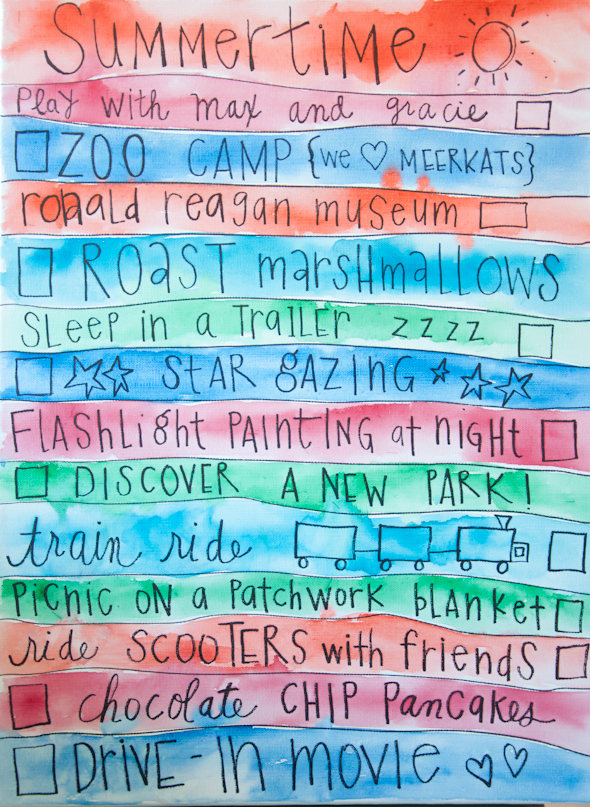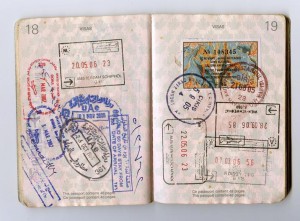
It is that time of year again when students of all ages get ready for the first day of school. Here are some tips to assist with the “back to school” transition and hopefully great start to the new school year.
MAKING THE FIRST DAY EASIER
- Remind your child that she is not the only student who is a bit uneasy about the first day of school. Teachers know that students are anxious and will make an extra effort to make sure everyone feels as comfortable as possible.
- Point out the positive aspects of starting school: It will be fun. She’ll see old friends and meet new ones. Refresh her positive memories about previous years, when she may have returned home after the first day with high spirits because she had a good time.
- Find another child in the neighborhood with whom your youngster can walk to school or ride with on the bus.
- If you feel it is appropriate, drive your child (or walk with her) to school and pick her up on the first day.
BACKPACK SAFETY
- Choose a backpack with wide, padded shoulder straps and a padded back.
- Pack light. Organize the backpack to use all of its compartments. Pack heavier items closest to the center of the back. The backpack should never weigh more than 10 to 20 percent of the your child’s body weight.
- Always use both shoulder straps. Slinging a backpack over one shoulder can strain muscles.
- Consider a rolling backpack. This type of backpack may be a good choice for students who must tote a heavy load. Remember that rolling backpacks still must be carried up stairs, and they may be difficult to roll in snow.
To be safe when they travel to and from school, follow these simple safety rules:
AT THE BUS STOP:
- Always walk to the bus stop. Never run.
- Walk on the sidewalk. If there is no sidewalk, walk on the left facing traffic.
- Always go to the bus stop about five minutes before the bus is scheduled to arrive.
- While at the bus stop, wait in a safe place away from the road. Do not run and play while waiting.
- Never speak to strangers at the bus stop and never get into the car with a stranger. Always go straight home and tell you parents if a stranger tries to talk to you or pick you up.
- Wait for the bus to arrive, watch for red flashing lights and the stop sign to be extended, and cross only when all traffic has stopped. Look left, right, and left again before crossing.
ON THE BUS:
- Go directly to a seat. Remain seated and facing forward for the entire ride.
- Talk quietly (so the driver will not be distracted).
- If you need to talk to the bus driver: wait for the bus to stop, raise your hand, and call the driver’s name.
- Never throw things on the bus or out the windows. Never play with the emergency exits.
- Keep the aisles clear at all times.
- If there is an emergency, listen to the driver and follow instructions.
EXIT THE BUS:
- When getting off the bus make sure you walk (not run) three more steps away from the door. This is the best place to be around a bus. Stay away from the bus wheels and watch out for moving cars!
- Once you get off the bus, go straight home so an adult will know where you are.
- Only get on and off the bus at your designated stop. If you need to get off the bus somewhere else, you will need to have a note from your parents.
- If you leave something on the bus, never return to the bus to get it. The driver may not see you come back and they may begin moving the bus.
Also, if you drop something near the bus, tell the bus driver before you attempt to pick it up, so they will know where you are.




